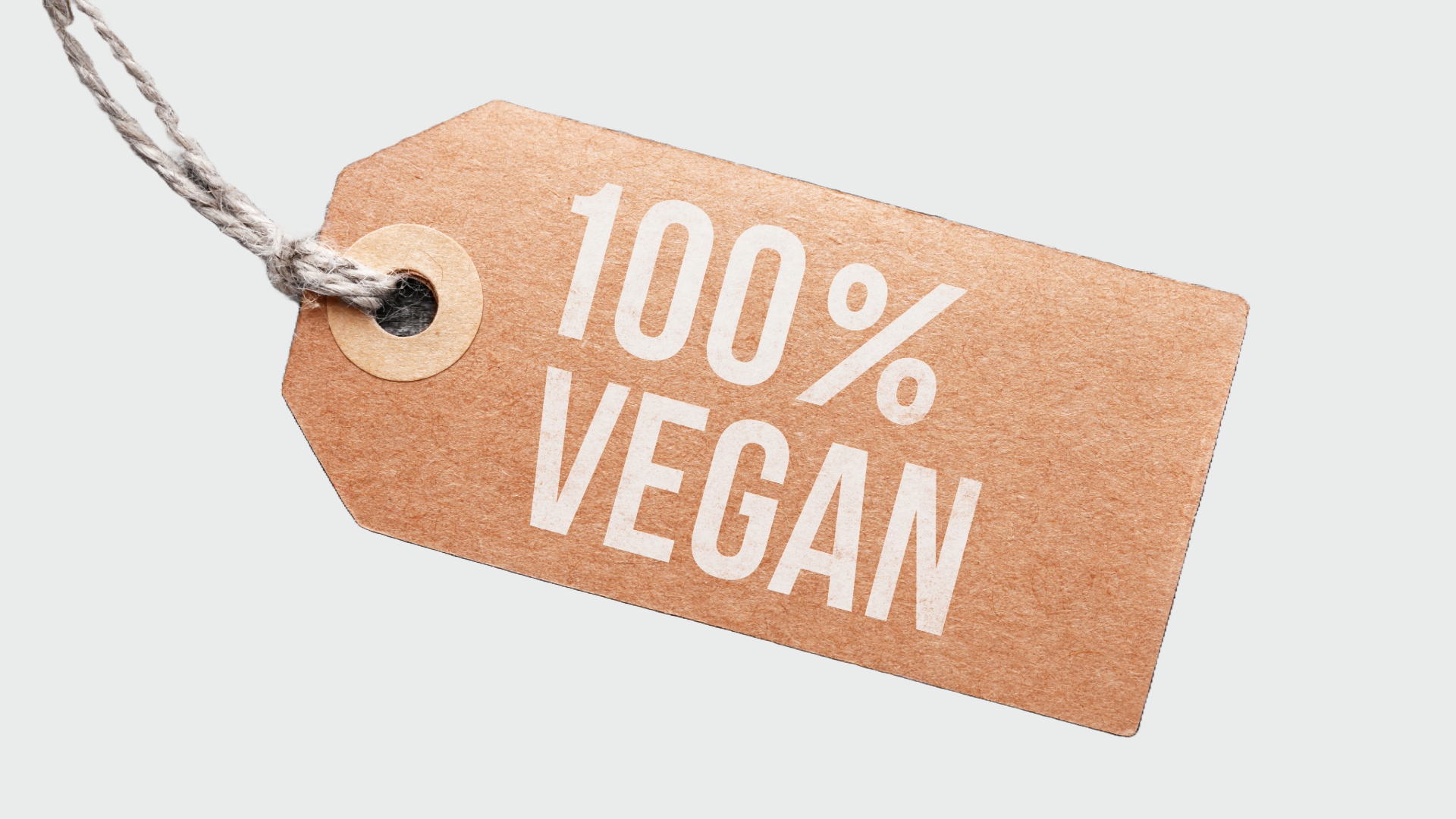Unlocking the Value of Combination Therapies



In an article in Health Economics, Prof Devlin and her co-authors demonstrate the promise of using Lead Time TTO to value health ‘state worse than death’. They demonstrate the potential advantages of the approach and identify important next steps in…
In an article in Health Economics, Prof Devlin and her co-authors demonstrate the promise of using Lead Time TTO to value health ‘state worse than death’. They demonstrate the potential advantages of the approach and identify important next steps in developing the methodology.
NICE’s preferred means of measuring health-related changes in quality of life is the EQ-5D, valued using what is known as the ‘York MVH’ (Measurement and Valuation of Health) value set. This lists the value for every health state defined by the five-dimension, three-level EQ-5D system. These values were generated using the Time Trade Off (TTO) method. The values are anchored at 1 (full health) and 0 (dead), as is required in the estimation of Quality Adjusted Life Years (QALYs).
TTO works by asking people to imagine living in a given state of health for, say, ten years and then finding the shorter amount of time in full health that they value equally. TTO is widely used to value health states – but there are some problems with it. For example, when people are asked to consider very poor states of health – persistent extreme pain, for example – they may dislike them so much that they would trade off all their time in full health. In other words, they would prefer to be dead. This is a health ‘state worse than death’ (SWD). Presumably, the value of that SWD is less than zero – but how much?
How to put an actual value on SWDs is not just an issue that appeals to theoreticians; it can seriously complicate the values that support access decisions. Problems with conventional approaches to TTO measurement include shifting from one approach of questioning to another when an SWD arises, so the values may not ‘mean’ the same thing. Arbitrary decisions about the research design and data transformation for negative values raise equally serious issues.
In a forthcoming article in Health Economics, Nancy Devlin and her co-authors report on initial efforts to refine and test the feasibility of a new TTO approach and to explore the characteristics of the valuation data it generates. The principal innovation of the new method is to introduce a ‘lead time’ of full health that participants can trade to avoid SWDs.
Lead Time TTOs may help resolve both the practical and the conceptual difficulties that exist using current TTO methods for valuing both SWDs and SBDs (states better than death). Comparing these results to current MVH values is not straightforward, but does suggest that introduction of lead time has a ‘complex effect on the distribution of overall values’.
The authors conclude that ‘the lead time TTO shows considerable promise as a simple to use, uniform method applicable to all states, which has the potential to avoid the problem in conventional TTO with exaggerated negative values and the requirement arbitrarily to transform those.’ The method reported in this paper is now being explored further in studies across Europe.
Editor’s note: This has been published as Devlin, N., Tsuchiya, A., Buckingham, K. and Tilling, C. (2011) A uniform time trade off method for states better and worse than dead: Feasibility study of the ‘lead time’ approach. Health Economics. 20(3), 348-361.
An error has occurred, please try again later.
This website uses cookies so that we can provide you with the best user experience possible. Cookie information is stored in your browser and performs functions such as recognising you when you return to our website and helping our team to understand which sections of the website you find most interesting and useful.
Strictly Necessary Cookie should be enabled at all times so that we can save your preferences for cookie settings.
If you disable this cookie, we will not be able to save your preferences. This means that every time you visit this website you will need to enable or disable cookies again.
This website uses Google Analytics to collect anonymous information such as the number of visitors to the site, and the most popular pages.
Keeping this cookie enabled helps us to improve our website.
Please enable Strictly Necessary Cookies first so that we can save your preferences!



